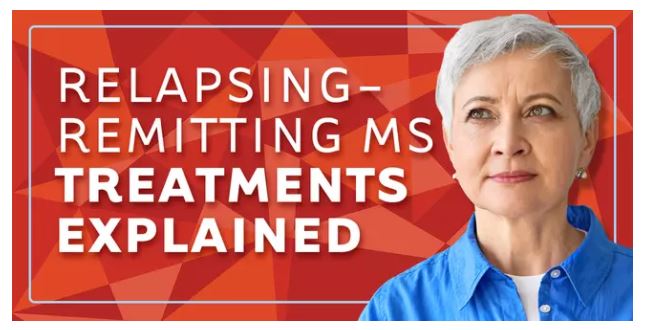
As of June 2021, there were 20 different disease-modifying therapies approved by the U.S. Food and Drug Administration (FDA) for treating multiple sclerosis (MS). Each DMT has been proven in multiple clinical trials to reduce the frequency of clinical attacks (also called relapses, flare-ups, or exacerbations) and the development of new lesions on the brain and spinal cord, which make up the central nervous system. Some DMTs have also been proven to slow the accumulation of disability.
Overall, DMTs slow disease progression and might help keep relapsing-remitting multiple sclerosis stable. Some DMTs have also been approved to treat other types of MS, such as secondary progressive MS and clinically isolated syndrome.
With so many treatment options, how can someone diagnosed with relapsing-remitting MS know which MS treatment will be best for them? For some people, how a DMT is taken and how often it is taken are important factors. Some prefer a medication taken orally over one taken by injection or intravenous infusion. Others prefer a more convenient dosage schedule with medication taken only a few times a year.
It can also help to know how doctors view which DMTs should be prescribed first and how different classes of DMTs work.
Read the full article here.
Disclaimer: Content on our site is provided for information purposes only; therefore, this material is not intended to advise. This information includes a link to a site that is maintained by another; MS Monterey is not responsible for content on this site. Please remember to consult with your doctor or health care provider before making any changes to your medication(s) or medical regimen.

